We often see various interesting exoskeleton devices developed by companies in the United States or Japan. These exoskeletons not only look cool but are also quite functional.
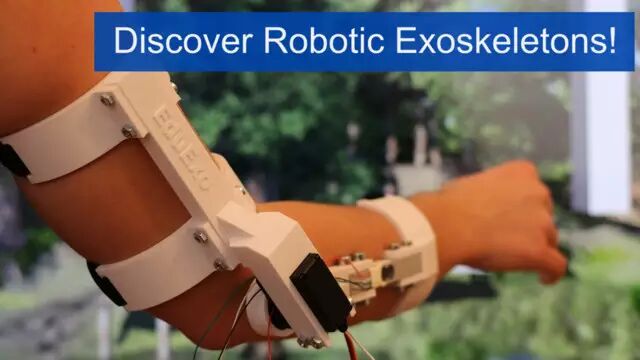
Some exoskeletons can help paralyzed patients walk or stand again, while others assist ordinary people in lifting heavier objects. However, regardless of the type, current exoskeleton devices appear very bulky and seem quite distant from the average person.
However, now a 3D-printed mini exoskeleton called EduExo is crowdfunding on Kickstarter, allowing ordinary people to experience this amazing device.
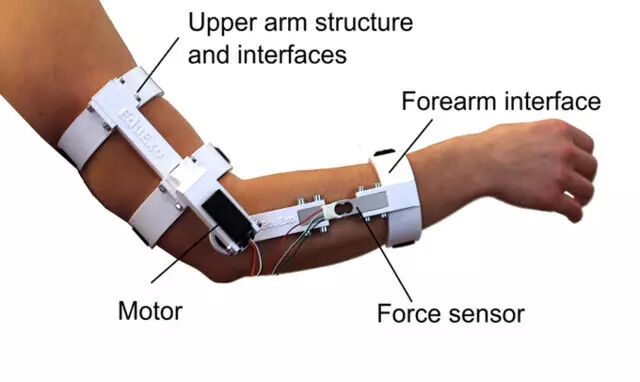
Strictly speaking, EduExo cannot be considered a ready-made product; rather, it is an exoskeleton development kit. Therefore, it is not suitable for the average person and requires some development and programming knowledge.
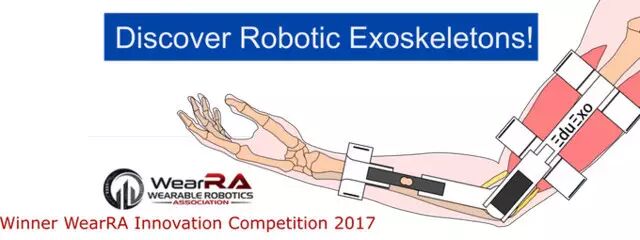
EduExo provides all the hardware needed for the exoskeleton and also includes an installation guide to help us assemble it step by step. Additionally, a dedicated manual offers information about the history, functions, and technologies of exoskeletons. Therefore, before we start assembling EduExo, we can gain a good understanding of exoskeleton knowledge.
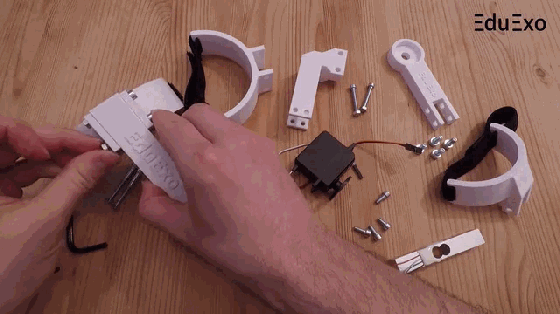
The hardware of EduExo includes motors, force sensors, and an Arduino microcontroller, along with rigid exoskeleton interfaces and connection devices.
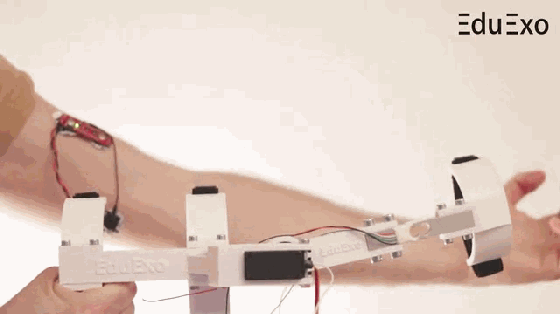
Through EduExo, we can directly learn about human anatomy and how to connect sensors and electronic boards, as well as design program control systems. Of course, EduExo also requires the use of tactile device functions, with almost all relevant elements being represented.